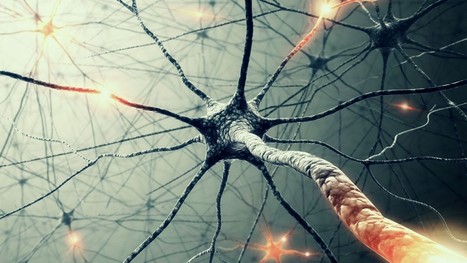Vα24-invariant natural killer T cells (NKTs) have anti-tumor properties that can be enhanced by chimeric antigen receptors (CARs). Here we report updated interim results from the first-in-human phase 1 evaluation of autologous NKTs co-expressing a GD2-specific CAR with interleukin 15 (IL15) (GD2-CAR.15) in 12 children with neuroblastoma (NB). The primary objectives were safety and determination of maximum tolerated dose (MTD). The anti-tumor activity of GD2-CAR.15 NKTs was assessed as a secondary objective. Immune response evaluation was an additional objective. No dose-limiting toxicities occurred; one patient experienced grade 2 cytokine release syndrome that was resolved by tocilizumab. The MTD was not reached. The objective response rate was 25% (3/12), including two partial responses and one complete response. The frequency of CD62L+NKTs in products correlated with CAR-NKT expansion in patients and was higher in responders (n = 5; objective response or stable disease with reduction in tumor burden) than non-responders (n = 7). BTG1 (BTG anti-proliferation factor 1) expression was upregulated in peripheral GD2-CAR.15 NKTs and is a key driver of hyporesponsiveness in exhausted NKT and T cells. GD2-CAR.15 NKTs with BTG1 knockdown eliminated metastatic NB in a mouse model. We conclude that GD2-CAR.15 NKTs are safe and can mediate objective responses in patients with NB. Additionally, their anti-tumor activity may be enhanced by targeting BTG1. ClinicalTrials.gov registration: NCT03294954 . In updated results from a phase 1 trial of GD2-specific CAR-NKT cells in patients with neuroblastoma, no dose-limiting toxicities were observed across multiple dose levels; the maximum tolerated dose was not reached; and there was evidence of anti-tumor activity.

|
Scooped by BigField GEG Tech |
No comment yet.
Sign up to comment



 Your new post is loading...
Your new post is loading...







Researchers report, in Nature Medicine, the interim results of a first-in-man phase 1 clinical trial evaluating the safety, antitumor activity and immunological characteristics of a genetically engineered natural killer (NKT) cell immunotherapy for neuroblastoma, a childhood tumor that most commonly arises in the adrenal gland. NKT cells were engineered to express a GD2-specific CAR, which enables immune cells to target a molecule found on the surface of neuroblastoma cells, and interleukin-15 a natural protein that supports NKT cell survival. Based on results obtained in 12 patients with recurrent stage 4 neuroblastoma resistant to other therapies, the researchers found that the treatment was safe for all 12 patients on four doses. No dose-limiting toxicities were reported. A further discovery revealed a regulatory gene in NKT cells that could have an impact on treatment efficacy. Leveraging the multiomics platform of key collaborator Immunai, Inc. the researchers discovered that up-regulation of the anti-proliferation factor 1 gene BTG in CAR NKT-infused cells indicates cell exhaustion and limits the functional activity of CAR NKT cells. Conversely, artificially reducing BTG1 expression in CAR NKT cells enhanced their therapeutic activity against neuroblastoma in a mouse model